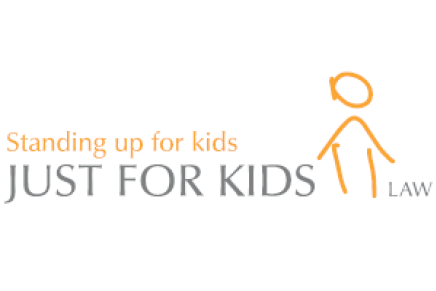This will have a huge impact on the young and vulnerable clients that Just for Kids Law represents, who can find themselves unwittingly drawn into dangerous situations, and will now get better protection from the law.
Francis FitzGibbon QC
Joint enterprise is a common law doctrine where an individual can be jointly convicted of the crime of another, if the court decides they foresaw that the other party was likely to commit that crime. In 2015, Just for Kids Law intervened in the case R v Jogee, a landmark Supreme Court case that established that the law had been wrongly interpreted for 30 years.
In the decade leading up to the case, we noticed an increasing number of young clients being convicted under the law of joint enterprise, as well as its disproportionate use against young black men and boys. In 2011, we started researching the issue, making submissions to the House of Commons Justice Committee in February that year.
In October 2015, we intervened in the Supreme Court case R v Jogee. One of the fundamental principles of joint enterprise is that an individual foresaw that an associate of theirs was likely to commit an offence. Our intervention argued that children and adolescents do not have the same ability to predict events or understand the consequences of theirs and other people’s actions in the way that an adult would. We were particularly concerned about the implications of the prevalent interpretation of the law for children and young people with Special Educational Needs and Disabilities.
A legal principle that is intended to deter potential offenders from committing offences needs to be readily understood by those at whom it is directed. If it cannot be because it is incoherent, and because those at whom it is aimed may have difficulties in understanding and acting upon it, it needs to be reviewed.
From Just for Kids Law's submission in the case R v Jogee
Our evidence to the court includes research from academics at Cambridge University demonstrating that because they lack the necessary cognitive development, young people may have genuine difficulties in foreseeing and therefore avoiding situations which may have the potential to escalate.
In February 2016, the court ruled in Jogee's favour, resetting the law of joint enterprise.
What happened next?
Since the ruling, we have represented several young people convicted under the previous interpretation of the law and are fighting to have these unfair convictions overturned.
